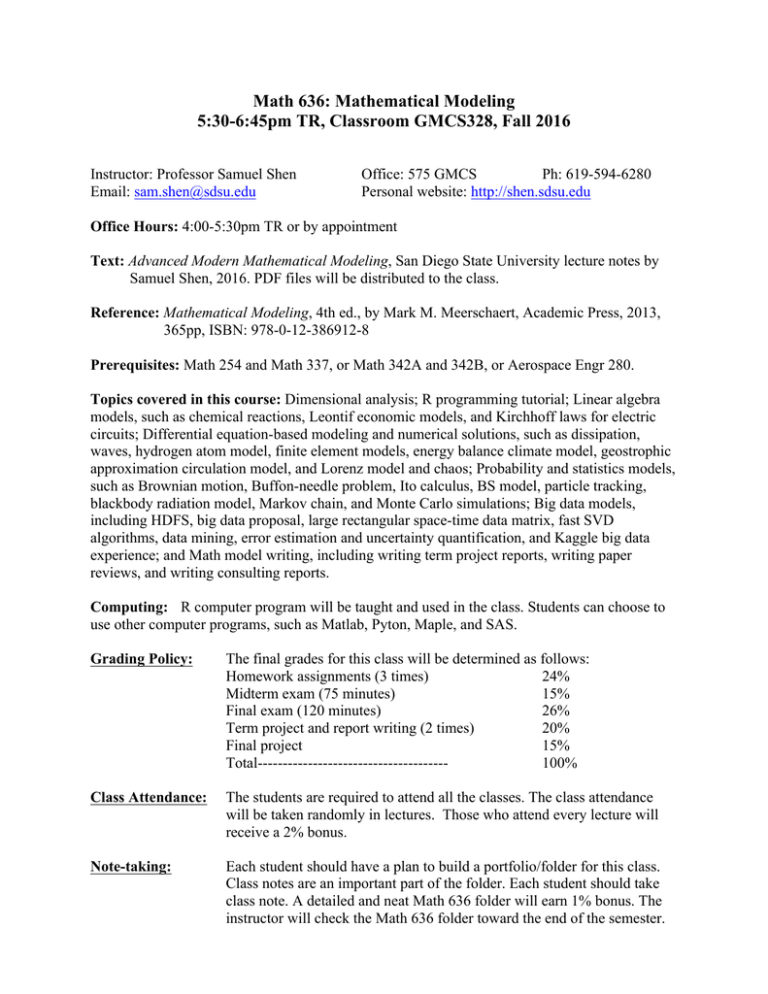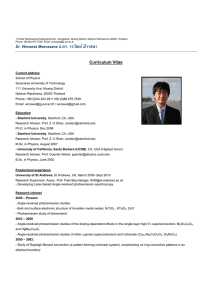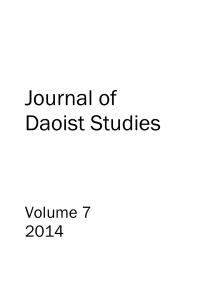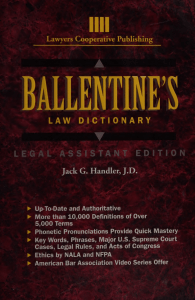Math 636: Mathematical Modeling 5:30-6:45pm TR
advertisement

Math 636: Mathematical Modeling 5:30-6:45pm TR, Classroom GMCS328, Fall 2016 Instructor: Professor Samuel Shen Email: sam.shen@sdsu.edu Office: 575 GMCS Ph: 619-594-6280 Personal website: http://shen.sdsu.edu Office Hours: 4:00-5:30pm TR or by appointment Text: Advanced Modern Mathematical Modeling, San Diego State University lecture notes by Samuel Shen, 2016. PDF files will be distributed to the class. Reference: Mathematical Modeling, 4th ed., by Mark M. Meerschaert, Academic Press, 2013, 365pp, ISBN: 978-0-12-386912-8 Prerequisites: Math 254 and Math 337, or Math 342A and 342B, or Aerospace Engr 280. Topics covered in this course: Dimensional analysis; R programming tutorial; Linear algebra models, such as chemical reactions, Leontif economic models, and Kirchhoff laws for electric circuits; Differential equation-based modeling and numerical solutions, such as dissipation, waves, hydrogen atom model, finite element models, energy balance climate model, geostrophic approximation circulation model, and Lorenz model and chaos; Probability and statistics models, such as Brownian motion, Buffon-needle problem, Ito calculus, BS model, particle tracking, blackbody radiation model, Markov chain, and Monte Carlo simulations; Big data models, including HDFS, big data proposal, large rectangular space-time data matrix, fast SVD algorithms, data mining, error estimation and uncertainty quantification, and Kaggle big data experience; and Math model writing, including writing term project reports, writing paper reviews, and writing consulting reports. Computing: R computer program will be taught and used in the class. Students can choose to use other computer programs, such as Matlab, Pyton, Maple, and SAS. Grading Policy: The final grades for this class will be determined as follows: Homework assignments (3 times) 24% Midterm exam (75 minutes) 15% Final exam (120 minutes) 26% Term project and report writing (2 times) 20% Final project 15% Total-------------------------------------100% Class Attendance: The students are required to attend all the classes. The class attendance will be taken randomly in lectures. Those who attend every lecture will receive a 2% bonus. Note-taking: Each student should have a plan to build a portfolio/folder for this class. Class notes are an important part of the folder. Each student should take class note. A detailed and neat Math 636 folder will earn 1% bonus. The instructor will check the Math 636 folder toward the end of the semester. Learning outcome: Students are expected to master the mathematical methods of advanced models from natural and social sciences, and engineering. Students will be able to develop models and understand corresponding mathematical structures. They will also be able to solve the models, either analytically or numerically, and interpret the modeling results using statistical methods. They will master basic principles of model validation and uncertainty quantification.


